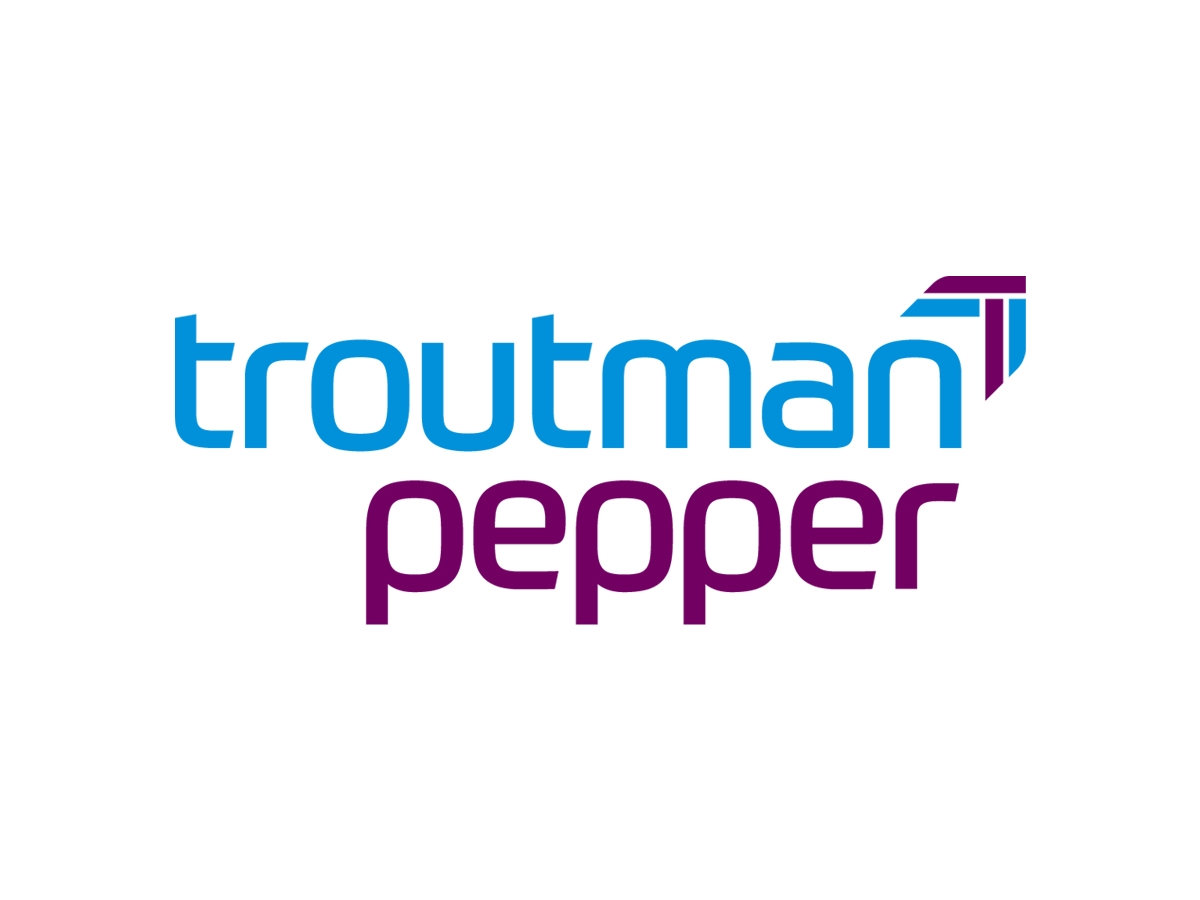
On August 15, the Federal Reserve Board (Fed) issued final guidelines, outlining the tiered approach it will use when evaluating the growing requests from fintech firms and cryptocurrency companies for access to master accounts. The guidelines make clear that while requests from institutions with federal deposit insurance will be subject to a streamlined review, institutions that engage in novel activities, such as cryptocurrency, will undergo a far more extensive one. More subtle but perhaps most important, the Fed did not change the basic requirement that an applicant has to be a “depository institution” as defined in 12 U.S.C. Section 461 to be considered an eligible institution, which effectively limits these accounts to insured or uninsured banks, credit unions, or similar institutions.
“The new guidelines provide a consistent and transparent process to evaluate requests for Federal Reserve accounts and access to payment services in order to support a safe, inclusive, and innovative payment system,” said Vice Chair Lael Brainard.
While the guidelines broadly outline considerations for evaluating requests, the Fed made clear that they are not intended to provide assurance that any specific institution will be granted access. Instead, the Fed will evaluate each request on a case-by-case basis. And, even if access is granted, the Fed is within its discretion to impose additional risk management controls, such as real-time monitoring of account balances, as it deems necessary to mitigate risks.
In a targeted supervisory letter issued the very next day, the Fed cautioned, “The emerging crypto-asset sector presents potential opportunities to banking organizations, their customers, and the overall financial system; however, crypto-asset-related activities may also pose risks related to safety and soundness, consumer protection, and financial stability.” Given these risks, the Fed announced it is closely monitoring crypto asset-related activities and advised any supervised banking organization to “have in place adequate systems, risk management, and controls to conduct such activities in a safe and sound manner and consistent with all applicable laws” prior to engaging in such activities.
When the Fed announced its tiered approach in March of this year, a group of trade organizations, including Bank Policy Institute, The Clearing House Association LLC, American Bankers Association, Independent Community Bankers of America, Mid-Size Bank Coalition of America, and Consumer Bankers Association (the Organizations), issued a comment letter, raising significant concerns that the Fed’s proposal does not appropriately and transparently address how it will resolve many of the issues that an application by a novel charter is likely to raise. Specifically, the Organizations asked the Fed to clarify:
The Organizations went on to state that their concerns stemmed from two key principles. The first being that it is crucial the Fed ensures “that the guidelines are applied consistently” by “exercising ultimate oversight of most decisions involving Tier 2 and Tier 3 applicants.” These concerns may still be at play as the final guidelines left many of these concerns unanswered. The Organizations went on to say that “[s]econd, given the privileges afforded by access to accounts and services and the risks that could be posed to the payment system, the U.S. financial system and the overall economy, the guidelines should ensure that all institutions with access are held to an equally high standard of supervision and oversight to ensure their safety and soundness and compliance with other relevant laws regardless of charter type or business model.” It appears the Fed was also concerned with this factor.
Troutman Pepper will continue to monitor important developments involving the Fed and the cryptocurrency industry and will provide further updates as they become available.
See more »
DISCLAIMER: Because of the generality of this update, the information provided herein may not be applicable in all situations and should not be acted upon without specific legal advice based on particular situations.
© Troutman Pepper var today = new Date(); var yyyy = today.getFullYear();document.write(yyyy + ” “); | Attorney Advertising
Refine your interests »
This website uses cookies to improve user experience, track anonymous site usage, store authorization tokens and permit sharing on social media networks. By continuing to browse this website you accept the use of cookies. Click here to read more about how we use cookies.
Back to Top
Explore 2022 Readers’ Choice Awards
Copyright © var today = new Date(); var yyyy = today.getFullYear();document.write(yyyy + ” “); JD Supra, LLC
Author
Administraroot


